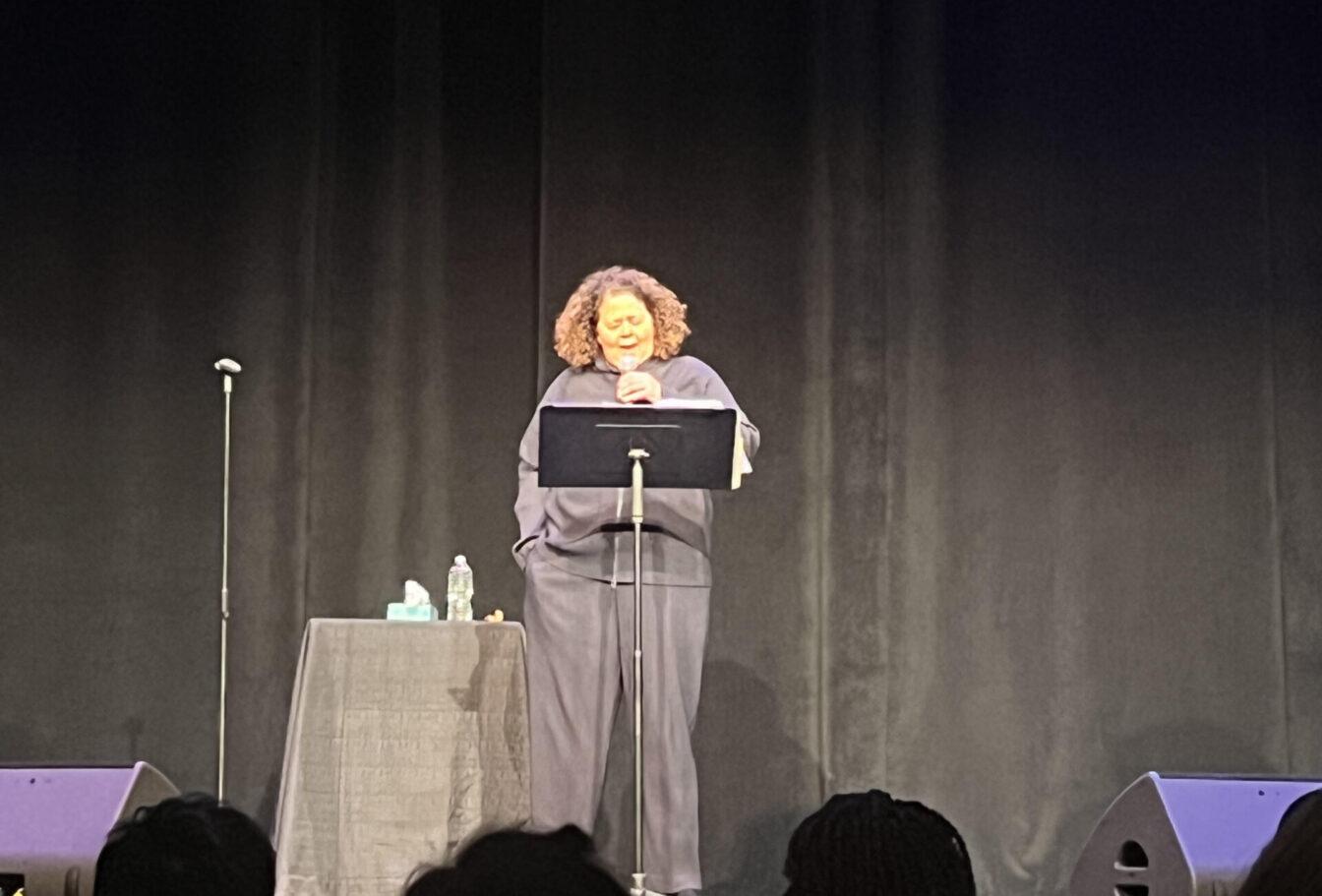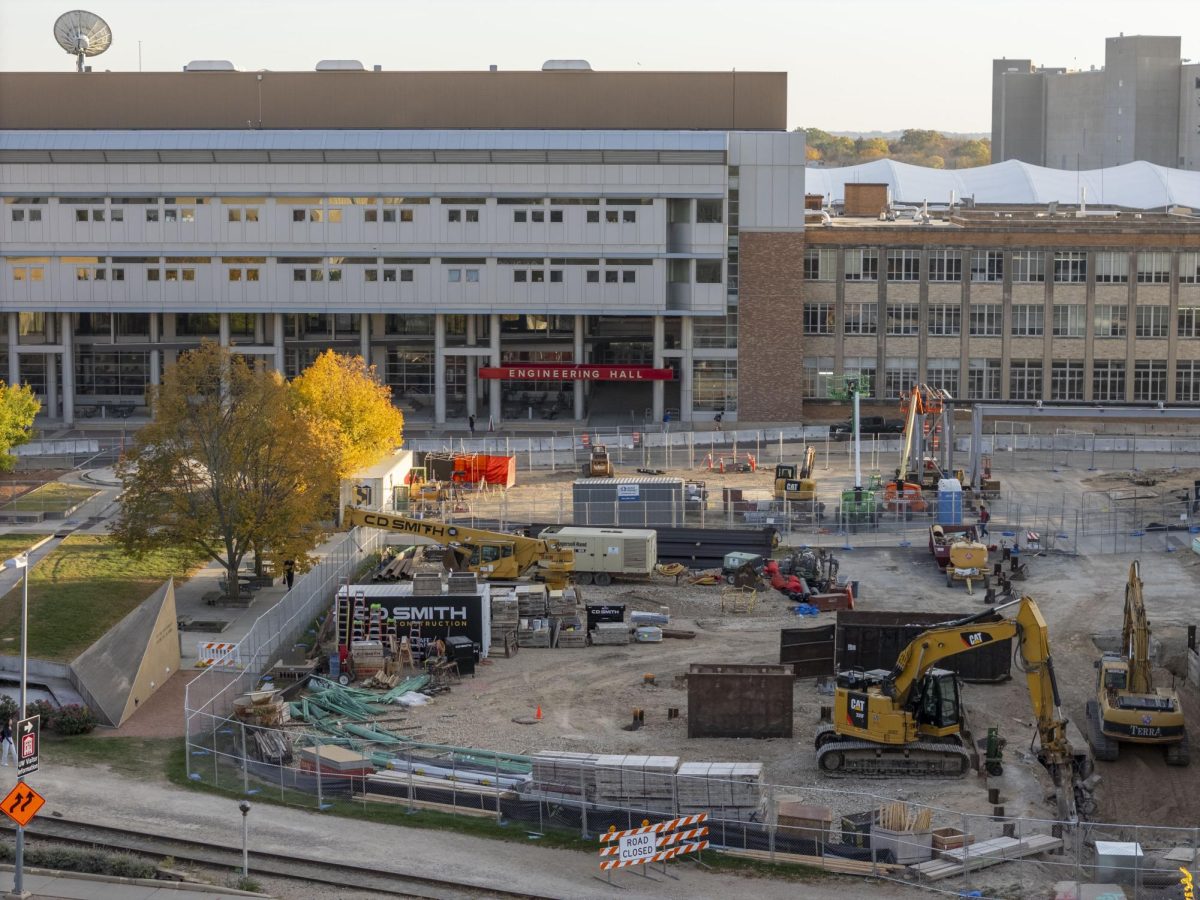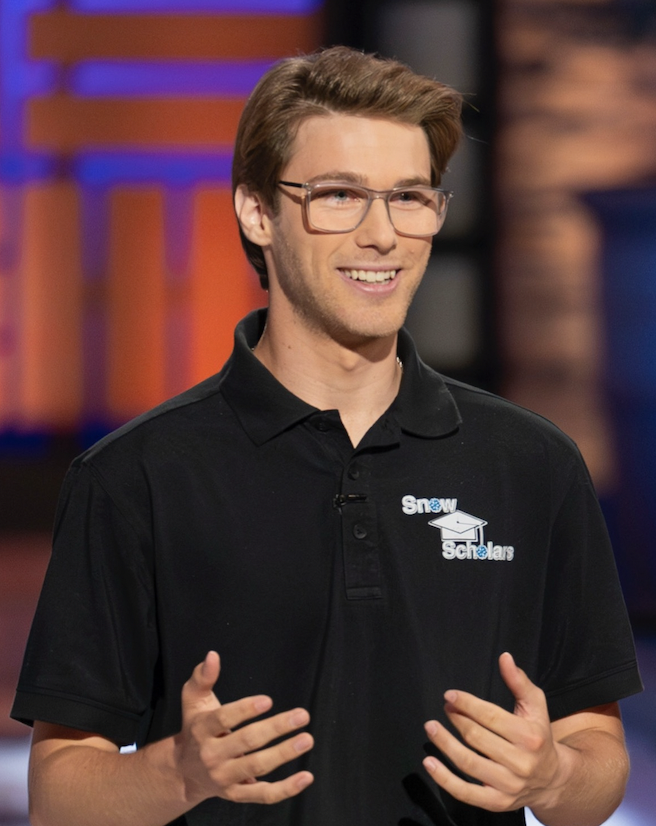University of Wisconsin’s Student Affairs and the Division of Diversity, Equity and Inclusion hosted a Martin Luther King Symposium Jan. 31 in Shannon Hall.
Since 2018, civil rights activists and leaders have been invited on campus to discuss their interpretation of King’s legacy and how their work embodies his teachings, according to UW Diversity, Equity and Inclusion. The annual symposium serves as a chance for students, faculty and community members to learn from professionals who have meaningfully incorporated King’s work into their own.
In introducing the symposium, Vice Chancellor of Student Affairs Lori Reesor urged students to learn from King and create a more inclusive campus environment.
“Students are most successful when they feel a sense of belonging,” Reesor said. “When their life experiences are considered in campus policies.The work of Martin Luther King. Jr. continues at UW–Madison — as it must — and our commitment is unwavering.
Past speakers include former Lt. Gov. Mandela Barnes and Mae C. Jemison, the first-ever woman of color to travel in space.
In her career as a playwright, Anna Deavere Smith has rooted her projects in civil rights issues, according to the Wisconsin Union. Smith is credited with creating a new type of theater where the performance centers around interpretations of journalistic interviews, according to New York University.
Smith opened her performance by questioning the audience.
SSFC approves The People’s Farm budget reallocation at first meeting of 2024
“Do you expect to live your life without sacrifice?” Smith asked. “Will you be ready if the circumstances require you to take a stand? Will it be a dreaded day for you? Is it a day you hope for? I know you’ve all already met the courageous you. But the more courageous? The courageous you for others, not for yourself.”
To enact significant social change, communities need to resign themselves to the consequences of activism, Smith told the audience. Activists should accept being labeled extremists and be prepared to face punishment for their protest, Smith said.
Part way through the event, Smith performed an interpretation of King’s Letter From Birmingham Jail, which he wrote while serving time for participating in a peaceful protest in Birmingham, Alabama. In the letter, King admits he was satisfied to be called an extremist because other great leaders of history were regarded in the same way.
“So after all, maybe the south, the nation and the world are in dire need of creative extremists,” Smith said. “And so was Martin Luther King a creative extremist.”
Smith ended her performance by asking the audience to constantly strive to bring disparities to the forefront of public discourse.
“If we don’t bring the disparities out to the light and commit ourselves to understand, it’s just going to continue,” Smith said.
Next year’s Martin Luther King Symposium will be held Jan. 28, 2025, according to Deputy Vice Chancellor for Diversity & Inclusion LaVar Charleston.














